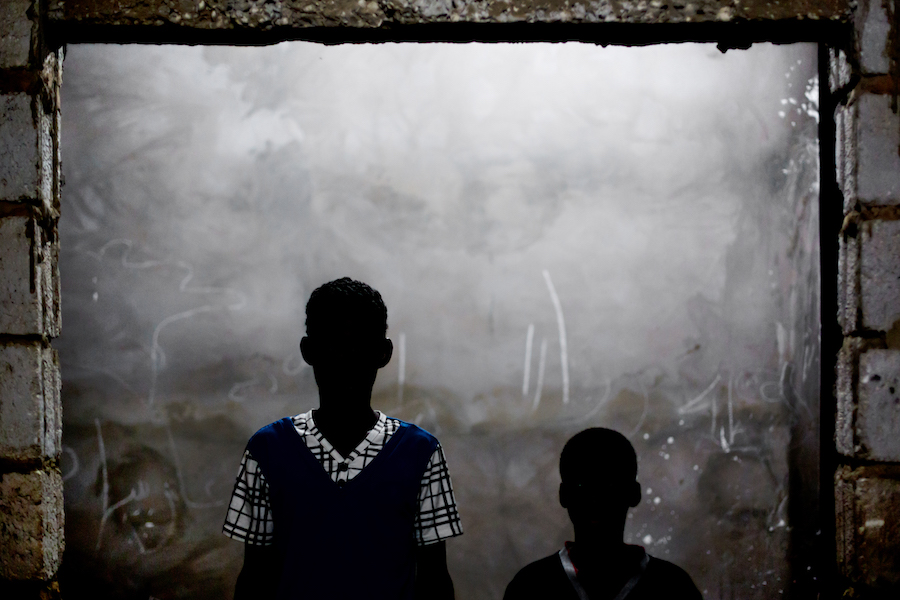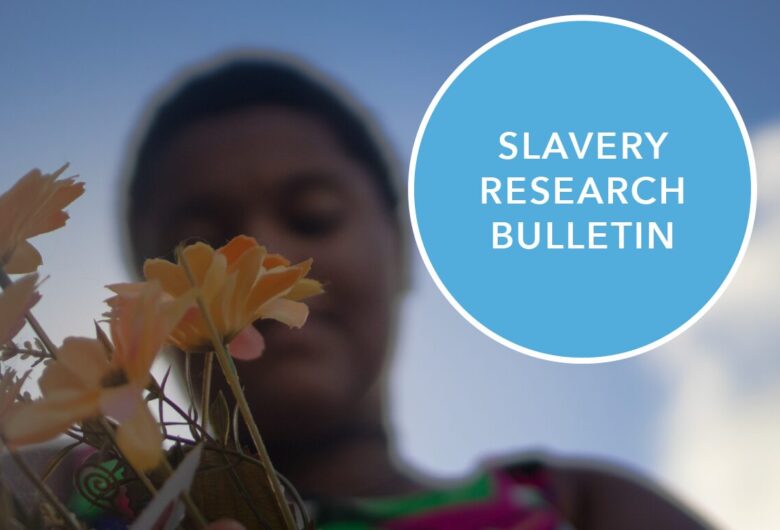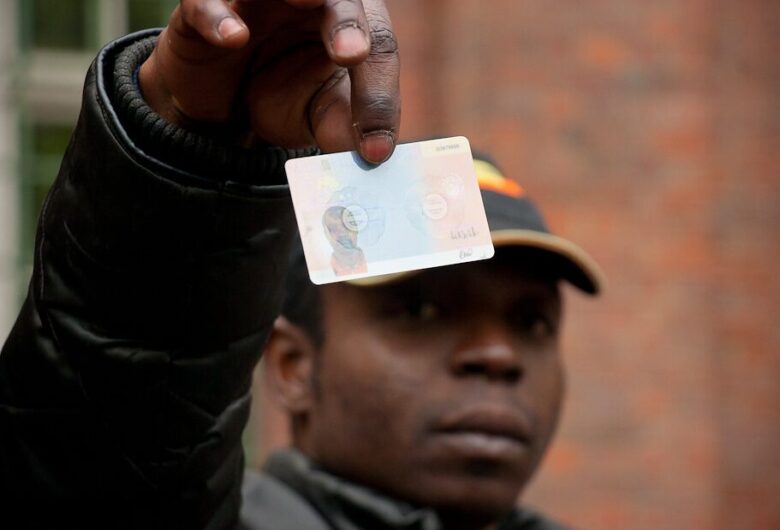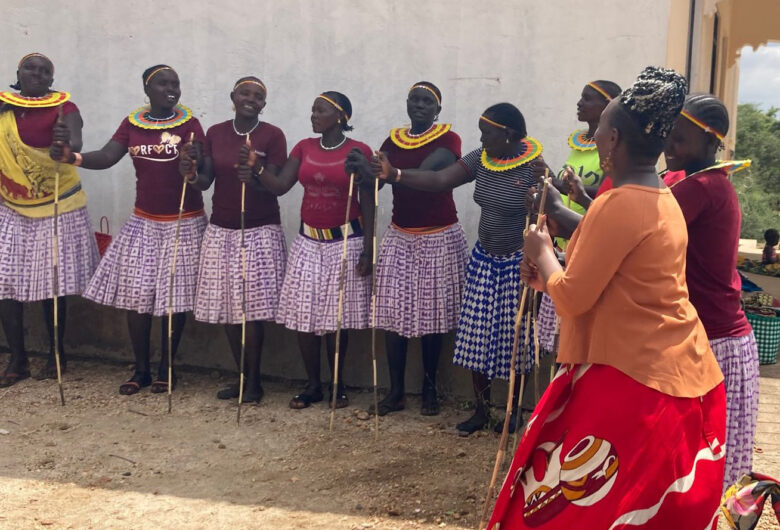On 26 January 2018, the African Committee of Experts on the Rights and Welfare of the Child (ACERWC) announced its landmark ruling on child slavery in the case of Said and Yarg Salem against Mauritania. This important judgment is being celebrated by advocates of anti-slavery, children’s rights and minority rights in West Africa and beyond.
Said and Yarg are two brothers born into slavery in Mauritania, where slave status is passed down from mother to child. The boys managed to escape their enslavement in April 2011. That same year, their former masters were prosecuted under Mauritania’s 2007 anti-slavery legislation, in the first ever such case in the country. However, they were given extremely lenient sentences and the compensation awarded to the boys was sorely inadequate.
Acting on behalf of the brothers, Minority Rights Group International (MRG) and Mauritanian NGO SOS-Esclaves took the case before the ACERWC, a body of the African Union whose role is to urge states to comply with their obligations under the African Charter on the Rights and Welfare of the Child (African Children’s Charter). The case was first heard by the ACERWC on 27 October 2016, and the Committee carried out a country visit in March 2017 to further investigate the allegations. MRG and SOS-Esclaves were able to bring the case with assistance from the Freedom Fund.
The ACERWC found that Mauritania’s authorities have failed to take adequate steps to prevent, investigate, prosecute, punish and remedy the widespread practice of slavery, which particularly affects the state’s ethnic Haratine community. Ruling that Mauritania’s Anti-Slavery Law does not provide adequate protection against slavery in practice, it found the state to be in violation of its obligations to protect children’s rights under the African Children’s Charter, including a failure to act in their best interest and protect them from discrimination, child labour, abuse and harmful cultural practices, as well as to provide for their survival and development, education, and leisure, recreation and cultural activities.
Mauritania is now required to provide the two child victims with compensation, psychosocial support and education, and ensure that all the perpetrators are brought to justice. It must also take wider steps to eradicate child slavery in Mauritania, including providing special measures for child victims and making the elimination of slavery a priority.
The next important step will be to ensure that the Mauritanian government complies with the ACERWC’s ruling. While implementation of human rights judgments is often a challenge, the NGOs involved in the case are hopeful that this ruling will have a positive impact on other criminal complaints of slavery in Mauritania.
Emelie Kozak is a legal fellow at Minority Rights Group International.
Photo credit: Michael Hylton/Anti-Slavery International



